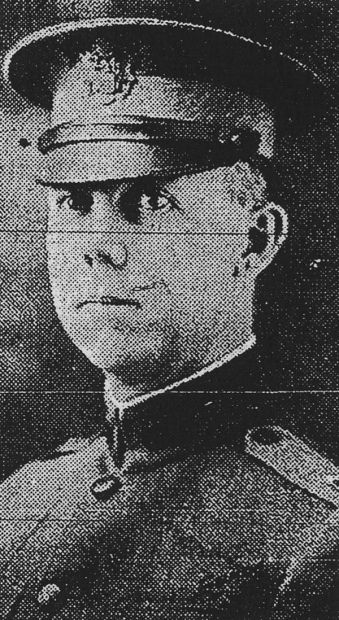Born and raised in Lihue, the youngest son of William Hyde Rice — the governor of Kauai during the reign of Queen Liliuokalani — Philip L. Rice (1886-1974) was the last chief justice of the Supreme Court of the Territory
Born and raised in Lihue, the youngest son of William Hyde Rice — the governor of Kauai during the reign of Queen Liliuokalani — Philip L. Rice (1886-1974) was the last chief justice of the Supreme Court of the Territory of Hawaii. He held the position from April 7, 1956, until July 27, 1959.
Rice attended Punahou, graduated from Anderson Academy in Irvington, Calif. and completed a course of study at Heald’s Business College, San Francisco, before joining Koloa Sugar Co., where he worked as overseer, timekeeper and harvesting field superintendent for about three years.
In 1910, he was appointed clerk of the Fifth Circuit Court at Lihue. While working as clerk, he studied law in his spare time and, in 1913, was licensed to practice law as an attorney in the district courts.
A year later, in 1914, Rice and his wife, Flora Benton Rice, moved to Chicago, where he entered the Law School of the University of Chicago and completed its three-year course in 1916.
Upon his return to Kauai, he was admitted to practice law in the Supreme Court and all courts in the territory, and opened a law office in Lihue.
During World War I, he served as a first lieutenant of infantry, and as a captain in command of the 47th Machine Gun Battalion, until his honorable discharge in 1918.
Rice presided as circuit court judge on Kauai from 1943 to Feb. 15, 1955, when he was named associate justice of the Territorial Supreme Court. In April of the following year, he became chief justice.
During the 1946 Hawaiian sugar strike, he issued a widely publicized and controversial restraining order against the International Longshore and Warehouse Union for mass picketing at Lihue Plantation — a ruling upheld by the United States Supreme Court in 1949.


